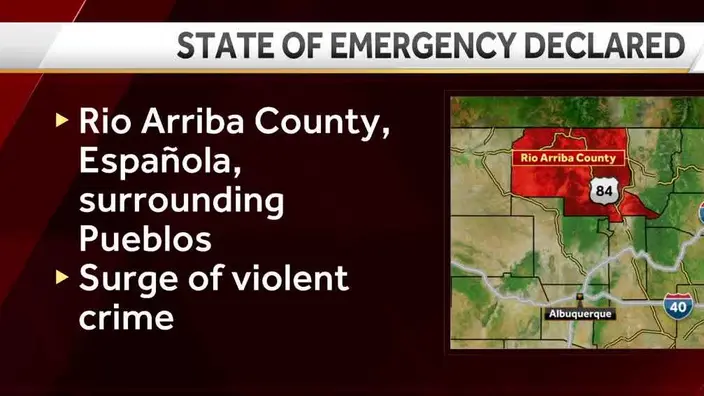T4K3.news
SEPTA funding update
Senate passes temporary SEPTA funding plan; House and governor to decide next steps.
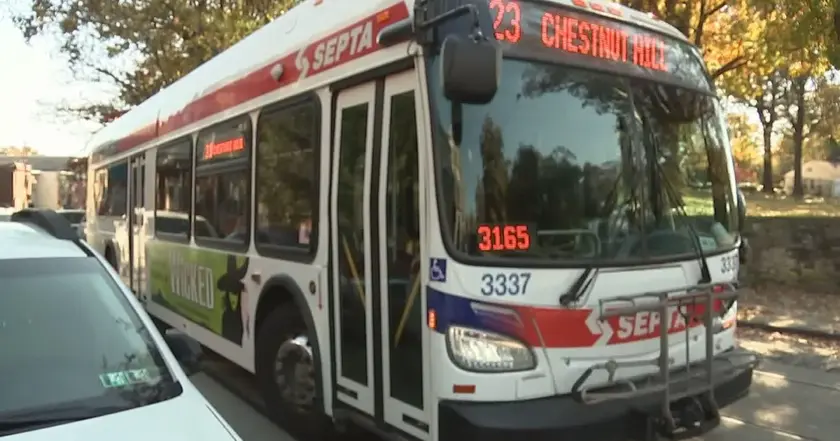
As the funding deadline nears, the Senate approves a temporary plan to keep SEPTA running while Democrats push for a longer-term solution.
Pennsylvania Senate funds SEPTA but Democrats oppose plan
The Republican-led Pennsylvania Senate passed a bill on Tuesday to keep SEPTA funded through August and beyond, using money from the Pennsylvania Transit Trust Fund. The measure includes safety and accountability provisions and was approved with a 27-22 vote after an amendment by Sen. Joe Picozzi. The bill goes to the House, where Democrats say it does not solve the funding crisis and may require changes.
Governor Josh Shapiro’s office criticized the plan as not a serious long-term solution and urged both chambers to keep negotiating. Earlier, the House passed a Democrat-backed bill to prevent looming “doomsday” cuts, but Republicans in the Senate say the current plan would siphon money from capital projects to cover operating costs. Doomsday cuts could begin if no agreement is reached, threatening 32 bus routes, reductions on multiple routes and lines, and a fare increase of about 21.5 percent scheduled for September. The plan would directly impact tens of thousands of riders, including 52,000 School District of Philadelphia students who rely on SEPTA to reach school, and could complicate attendance and daily routines for families and workers.
Key Takeaways
"This proposal is the only viable plan to keep service running past the August deadline"
Sen. Joe Picozzi on the plan
"This is clearly not a serious long-term proposal that can pass both chambers"
Gov. Josh Shapiro spokesperson
"This is service cuts by another name"
Sen. Nikil Saval
"We appreciate that the Senate seems genuinely motivated to address the need for additional state funding for public transit"
SEPTA General Manager Scott Sauer
The fight over SEPTA funding highlights a broader pattern in state budgeting, where temporary fixes replace longer-term reform. A so-called bridge plan can calm a crisis in the short term, but it risks delaying essential investments in maintenance and modernization. Relying on the Transit Trust Fund and shifting funds from capital projects to operating costs may keep buses moving, yet it also slow-wounds future repairs and capacity upgrades.
For riders, the political standoff translates into concrete daily costs and a sense that transit funding is a political football rather than a civic commitment. The deadline pressure pushes lawmakers toward quick pacts, but the debate hinges on who pays and what is protected for the long term. The outcome will test public trust in state leadership and in the idea that urban transit is a shared responsibility rather than a partisan concession.
Highlights
- Bridge funding buys time not a cure
- Riders deserve a plan that lasts
- Politics should fund progress not stall it
- Do the math before the next fare hike
Political and budget risk
The funding battle in the Pennsylvania legislature carries potential political backlash and could affect capital projects and public perception.
The next moves will test how far lawmakers will go to keep transit moving.
Enjoyed this? Let your friends know!
Related News
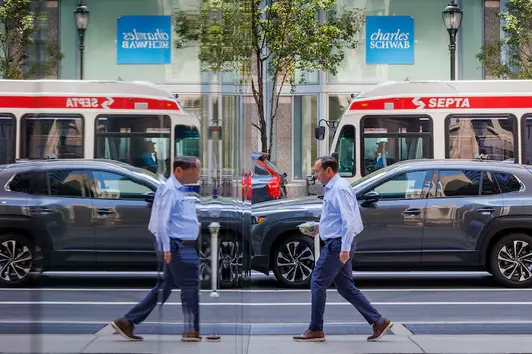
Pa Senate moves on transit funding

Lido DAO rally update
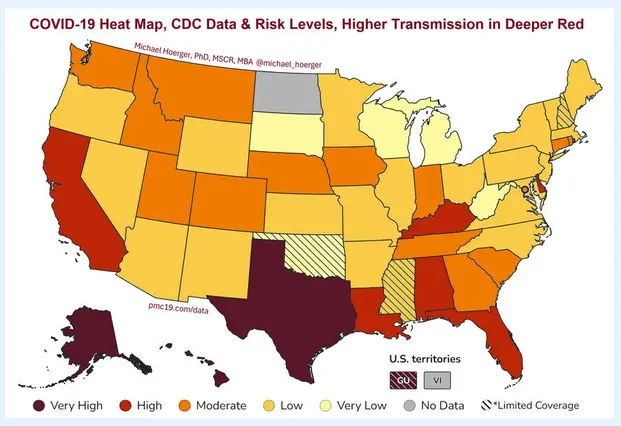
Covidwave update prompts health guidance

Trustnet’s 2025 fund picks achieve notable performance
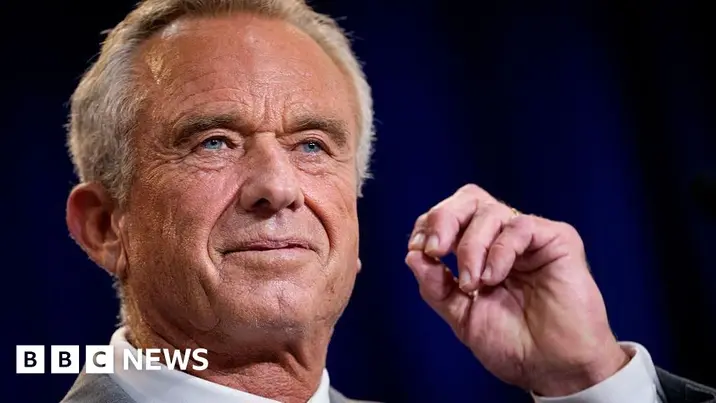
US cuts funding for mRNA vaccine research
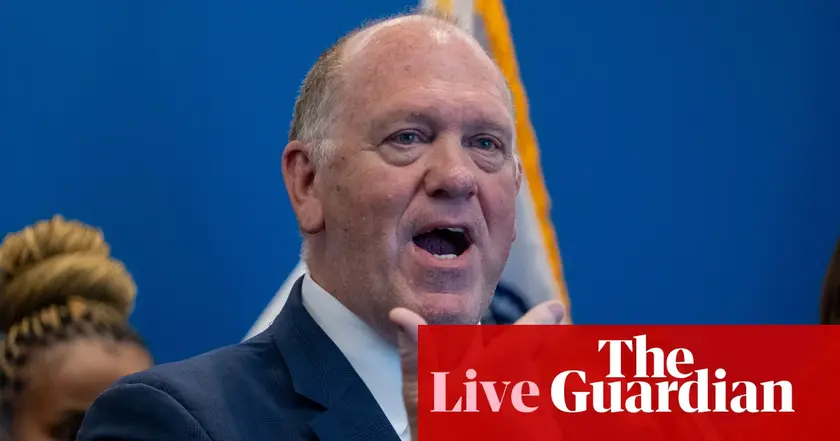
Trump administration increases immigration enforcement in sanctuary cities

UK EV grant update

Trump plans to open retirement funds to crypto investments
